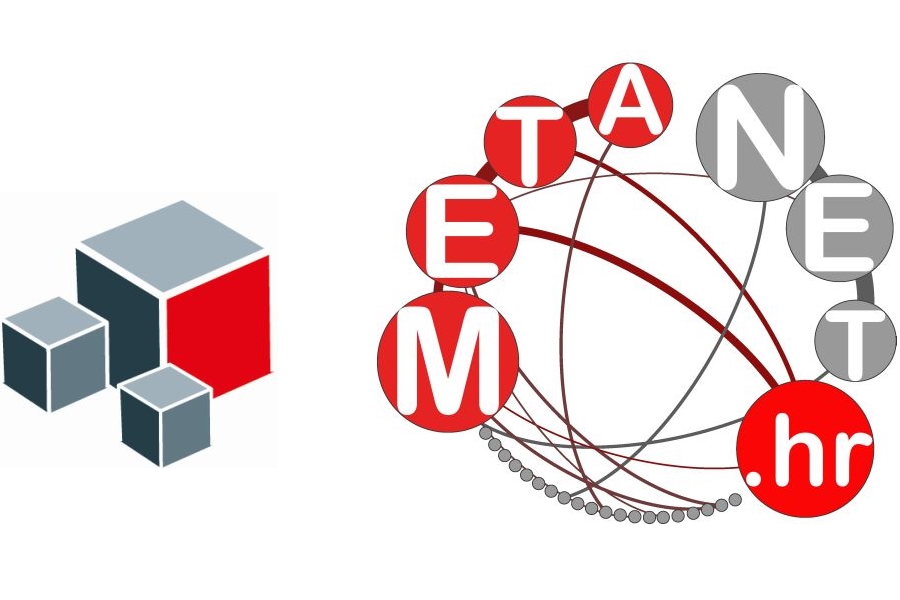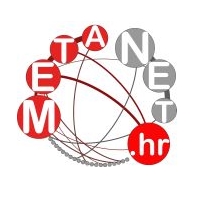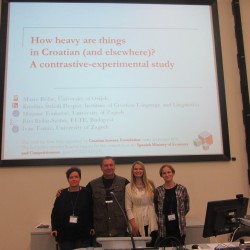Learning does not add knowledge to an unchanging system; it changes the system.
Feldman 2006:72
Cognitive linguistics
Cognitive linguistics goes beyond the visible structure of language and investigates the considerably more complex backstage operations of cognition that create grammar, conceptualization, discourse, and thought itself. The theoretical insights of cognitive linguistics are based on extensive empirical observation in multiple contexts, and on experimental work in psychology and neuroscience.
Computational linguistics
Computational linguistics is the study of computer processing, understanding, and generation of human languages. It is often regarded as a subfield of artificial intelligence. Techniques from computational linguistics are used in applications such as machine translation, speech recognition, information retrieval, intelligent Web searching, and intelligent spelling checking.
Cognitive psychology
It is the scientific study of mind and mental function, including learning, memory, attention, perception, reasoning, language, conceptual development, and decision making. The modern study of cognition rests on the premise that the brain can be understood as a complex computing system.
Questions
which we will (try to) answer
How a database of figurative language can help accomplish goals of artificial intelligence and computational creativity? Which experiences are the systems of the Croatian language based on? Which metaphor systems do we share with other languages, and which are specific to the Croatian language? How can complex metaphor systems be divided into simpler metaphors, primary metaphors, semantic frames, image schemata and cognitive primitives?
-
SEMANTIC FRAMES
-
COGNITIVE PRIMITIVES
-
METAPHORS
-
METONYMIES






